The Olympics are the pinnacle of athletic achievement, a global stage where the very best compete for ultimate glory. With the XXXIII Olympiad now underway in Paris, we’re reminded of their magnitude as 206 countries participate across thirty-two different sports. Until recently, winning an Olympic gold medal was a reward in itself, but with World Athletics’ (the body that governs track and field) decision to introduce prize money this year, there is now extra incentive to win. Leaving behind 128 years of Olympic tradition, forty-eight gold medalists will receive an award of $50,000 this year. Not every athlete is eligible. Center stage events like the 100m have (unsurprisingly) been chosen — American sprinter Sha’Carri Richardson is in with a chance — but sports not governed by World Athletics, like skateboarding, have not (yet). That means superstar teenager Sky Brown, who took bronze in Tokyo at just thirteen, will pursue her Olympic dream for the prize of a mere gold medal. Rewarding athletes with prize money obviously isn’t new. Sports like tennis and golf have almost become defined by their lucrative prize packages. The world’s highest ranked golfer, Scottie Scheffler, has already taken home over $15 million in prize money this year. So why is the Olympic change rocking the boat? And why has the International Olympic Committee shied away from cash prizes for so long?
Until the 1980s, the Olympics were for unpaid, non-professional athletes. Amateurs were supposed to be competing for the love of the game. What changed? Alongside a bubbling suspicion that Eastern European athletes were being funded by their governments, the Committee realized it was sitting on a commercial gold mine. So it allowed professional athletes to compete, and audience and revenue numbers skyrocketed. The Dream Team’s momentum erased the sad history of Jim Thorpe. World Athletics has understandably faced a backlash for its decision to introduce prize money. The founder of the modern games, Baron Pierre de Coubertin, said: “The most important thing in the Olympic Games is not winning but taking part; the essential thing in life is not conquering but fighting well.” Over the years, and in this vein, traditionalists have argued that the Olympic heritage is sacrosanct and one of the reasons for its staggering viewership (2 billion viewers are expected to tune in across the eighteen days of competition).
The traditionalists argue that financial compensation undermines the original spirit of the Games, which celebrate amateurism and athleticism in its purest form, and that athletes should be competing for the honor and glory of their countries. Some take it further and contend that introducing prize money could exacerbate inequalities among athletes. Wealthier nations already equipped with more resources for their athletes could further dominate the podiums — a plausible suggestion given US, China and Great Britain, who collectively account for 34 percent of global GDP, are projected to win 80 percent of all medals in Paris.
My friend James Guy, double Olympic gold medalist and Team GB swimmer, views it differently: “Although at the end of the day my focus is on winning medals and leaving a legacy, prize money can only be an added incentive. Some governing bodies have been very profitable, while athletes have long questioned where these profits go.”
From broadcasting rights to sponsorship deals, sporting events like the Olympics generate billions. But while officials, organizers and broadcasters are well-compensated for their roles, the athletes — the heart and soul of the Games — are not. Unlike professional athletes many Olympians do not have lucrative contracts or endorsements, and often rely on modest stipends, part-time jobs or personal savings to self-fund their training. Prize money can make a significant difference, providing the resources to invest in better training facilities, coaching, nutrition and medical care, all of which are essential for the sort of peak performance that draws in spectators and fans.
As an ex-professional athlete, I see the sports world constantly evolving and I view the decision to introduce prize money at the Olympics as a thoughtful and timely one. Arguments against it simply overlook the reality of modern sports, where financial support is crucial for an athlete’s development. In my early twenties I represented Great Britain, competing in international field hockey for five years. I was privileged to have experienced some of the highs of elite competition, but am also all too familiar with its lows — the pressures athletes face on a daily basis, fears over injury and team selection and the personal and financial sacrifices you have to make to devote yourself to the sport. And a relatively small sum I received at a Junior World Cup at age twenty made victory that much sweeter.
World Athletics has said that offering prize money is just the start of a financially fair Games. By the next Olympics in Los Angeles in 2028, it plans to have a tiered prize-money system, rewarding more athletes for each event and encouraging other governing sports organizations to follow suit. The original Olympic motto is three Latin words: Citius, Altius, Fortius. Perhaps by financially rewarding these athletes, we would allow them to fulfill the promise of those words — Faster, Higher, Stronger.
This article was originally published in The Spectator’s August 2024 World edition.



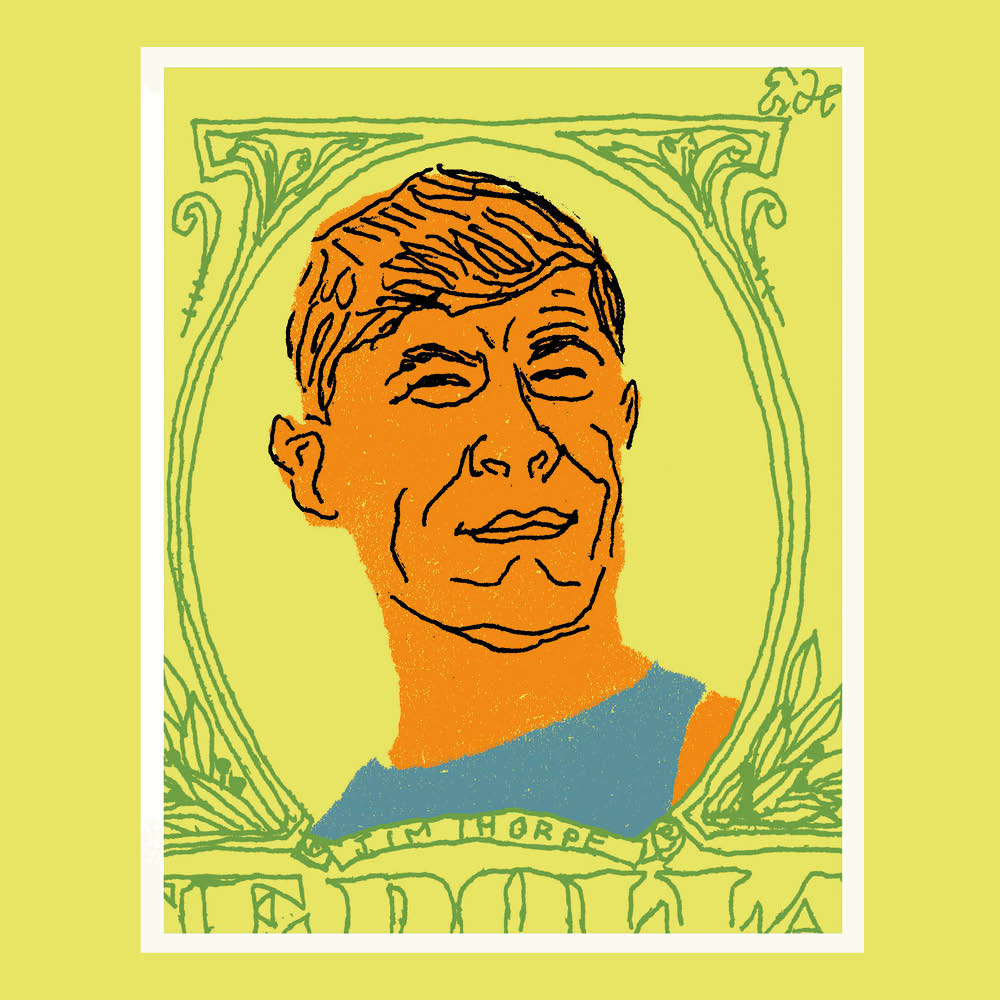






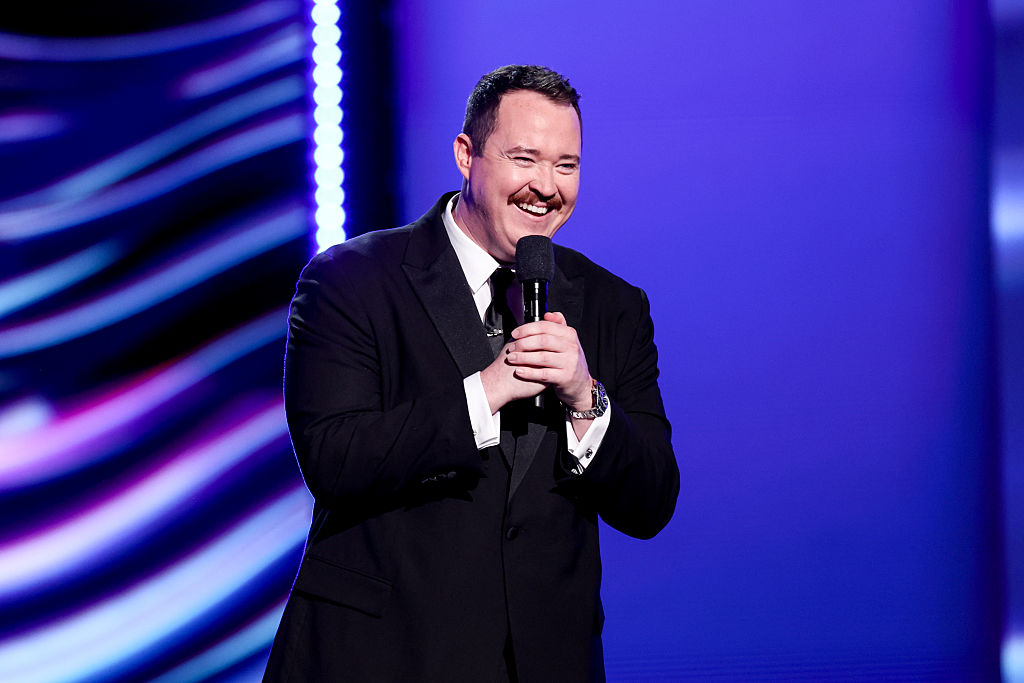
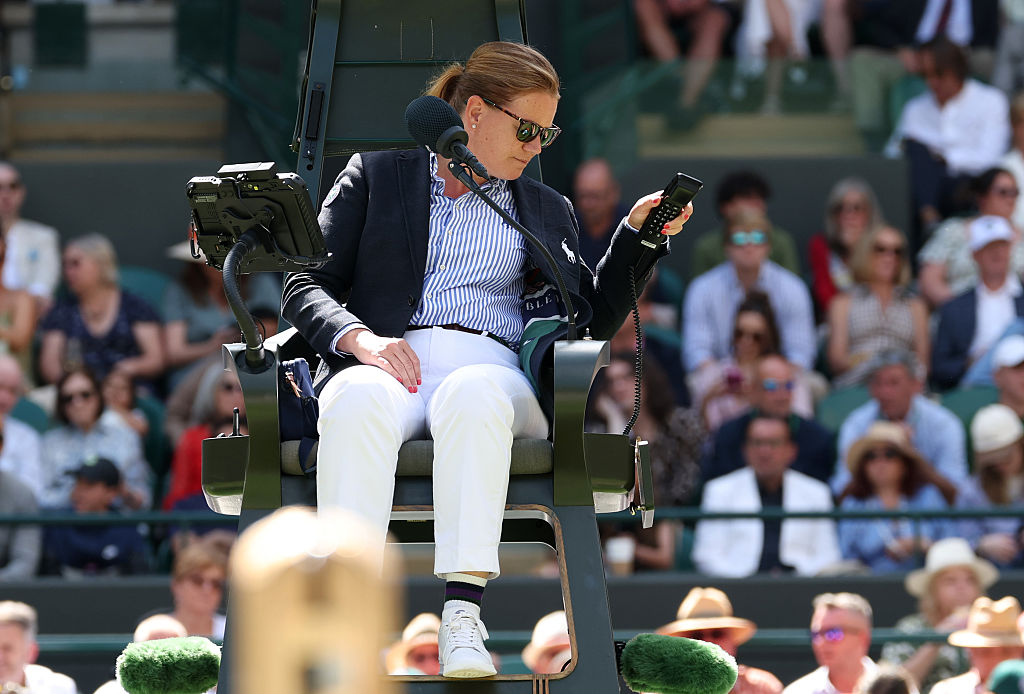
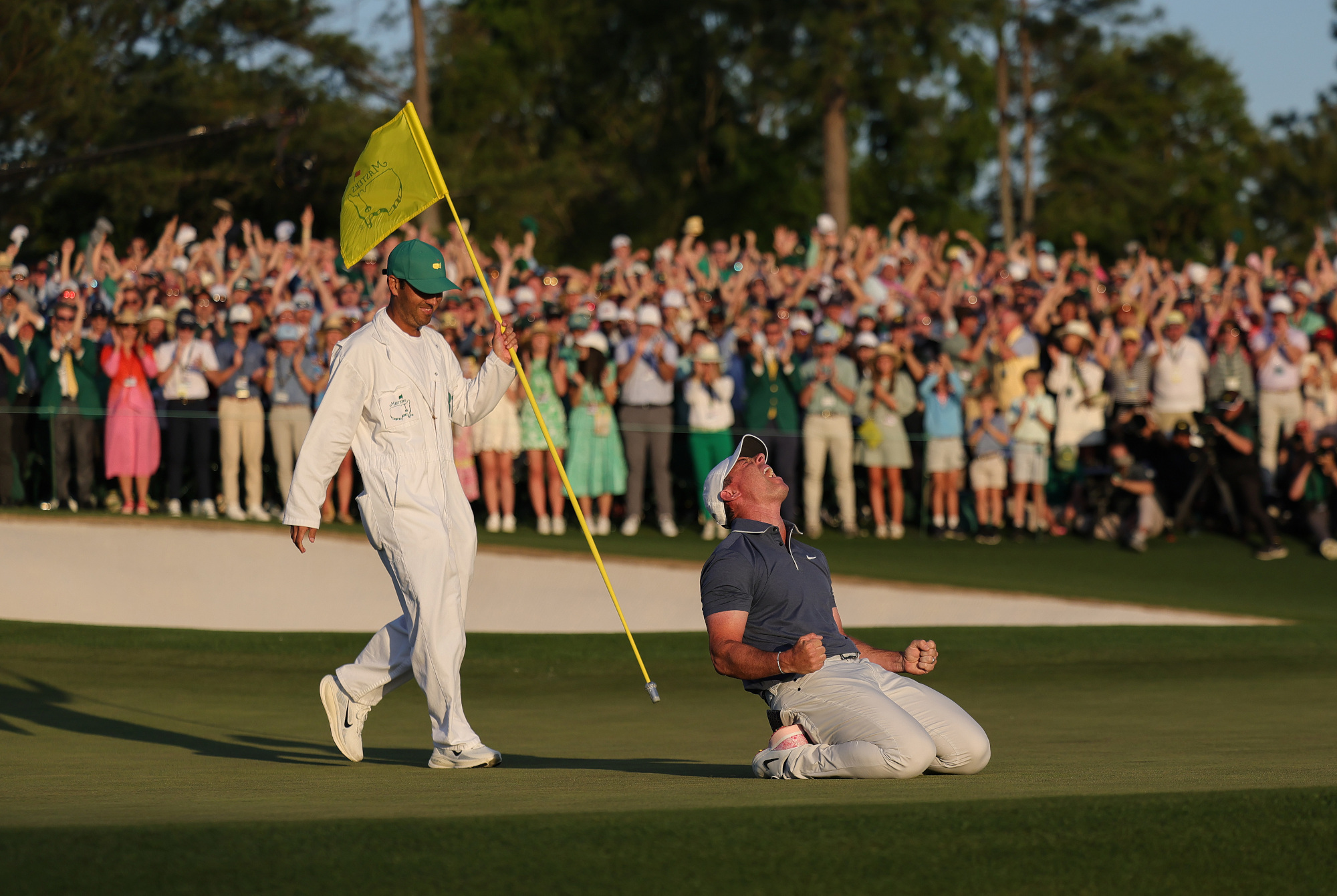
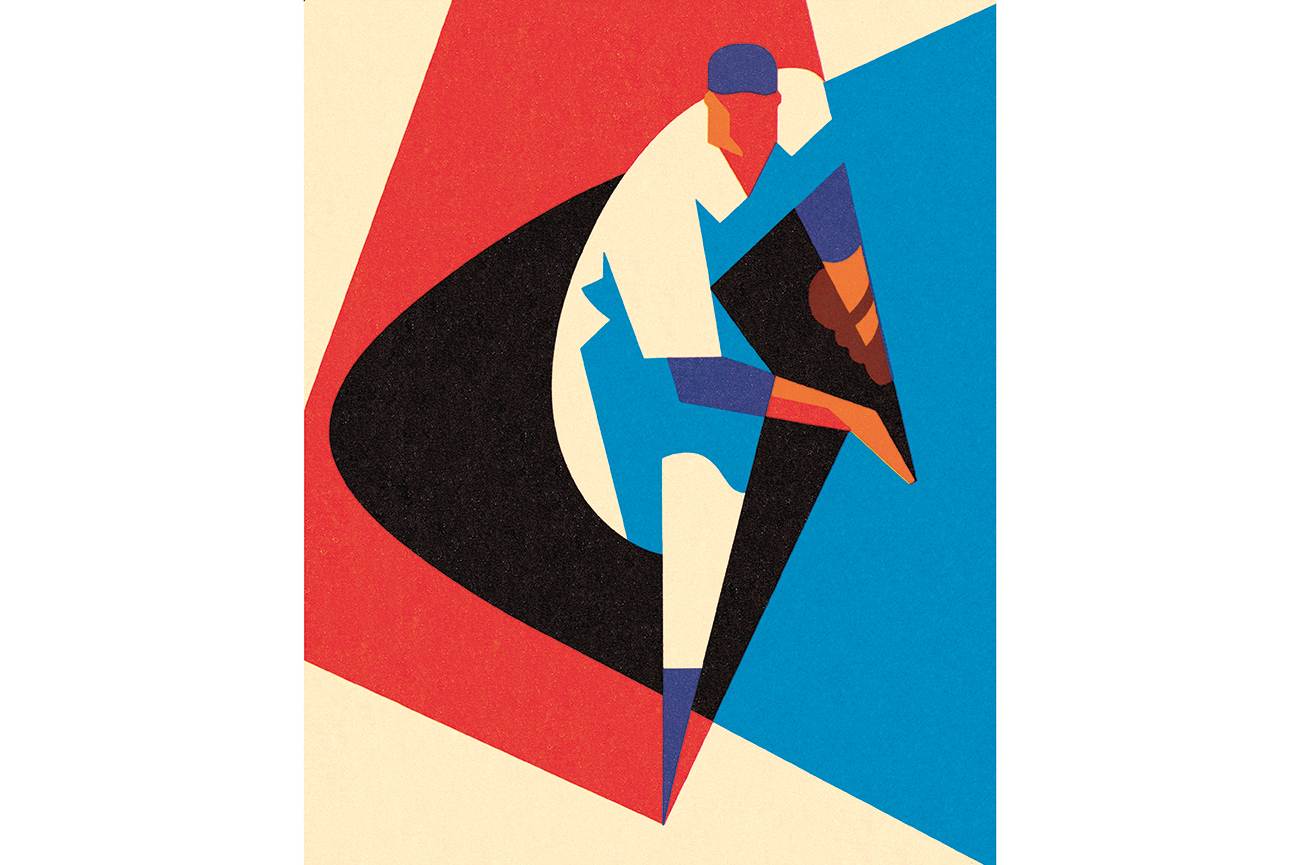
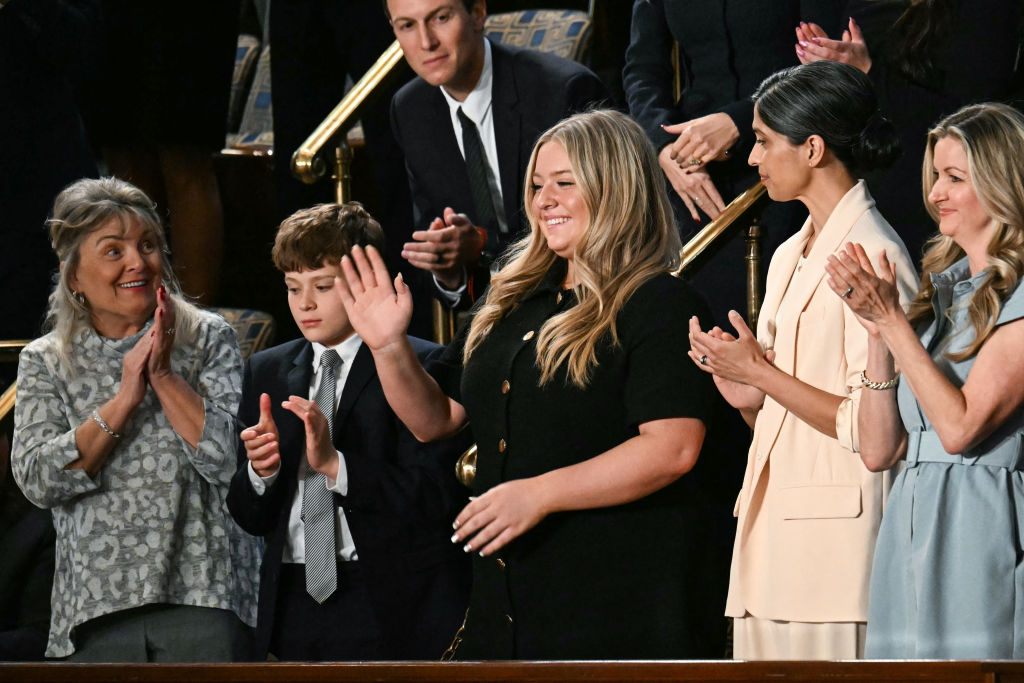
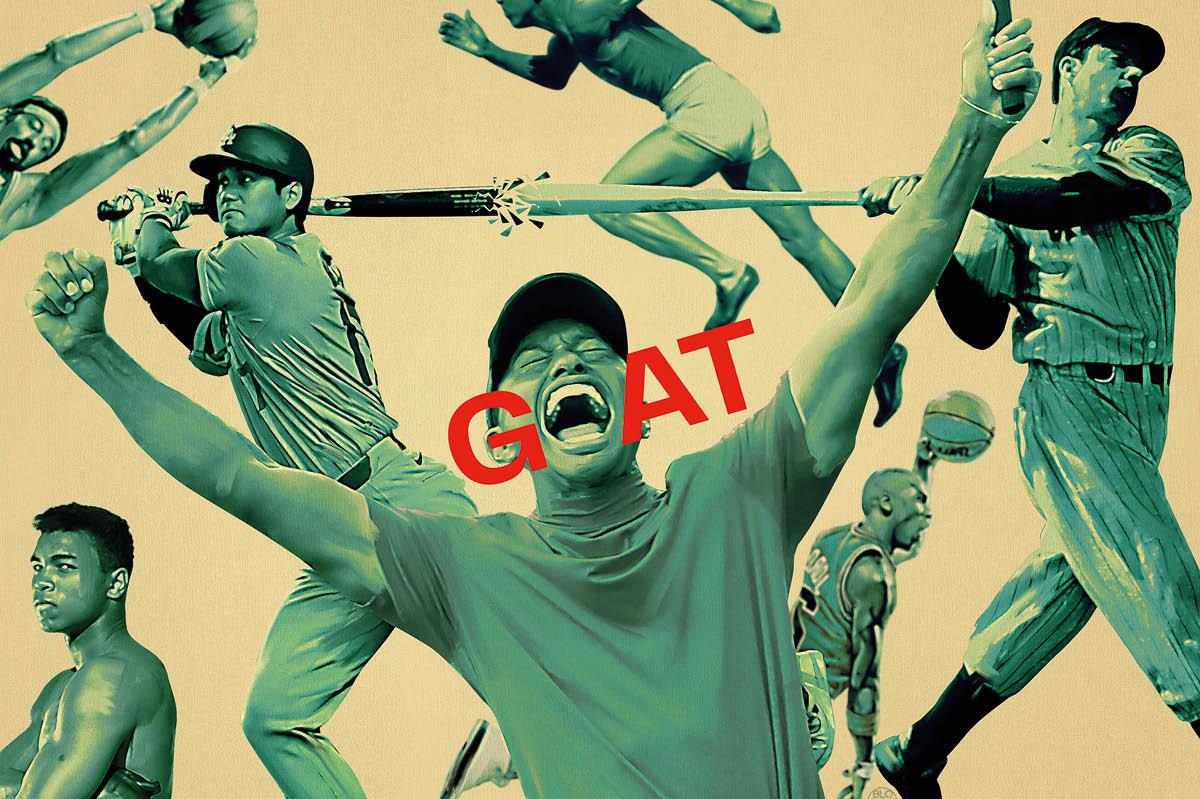







Leave a Reply